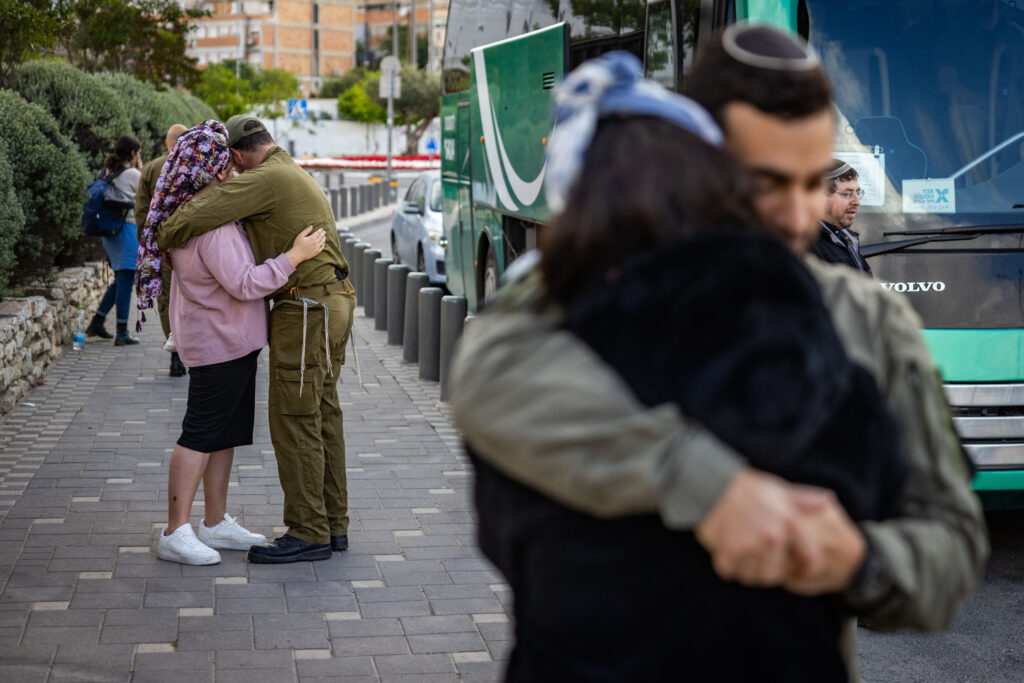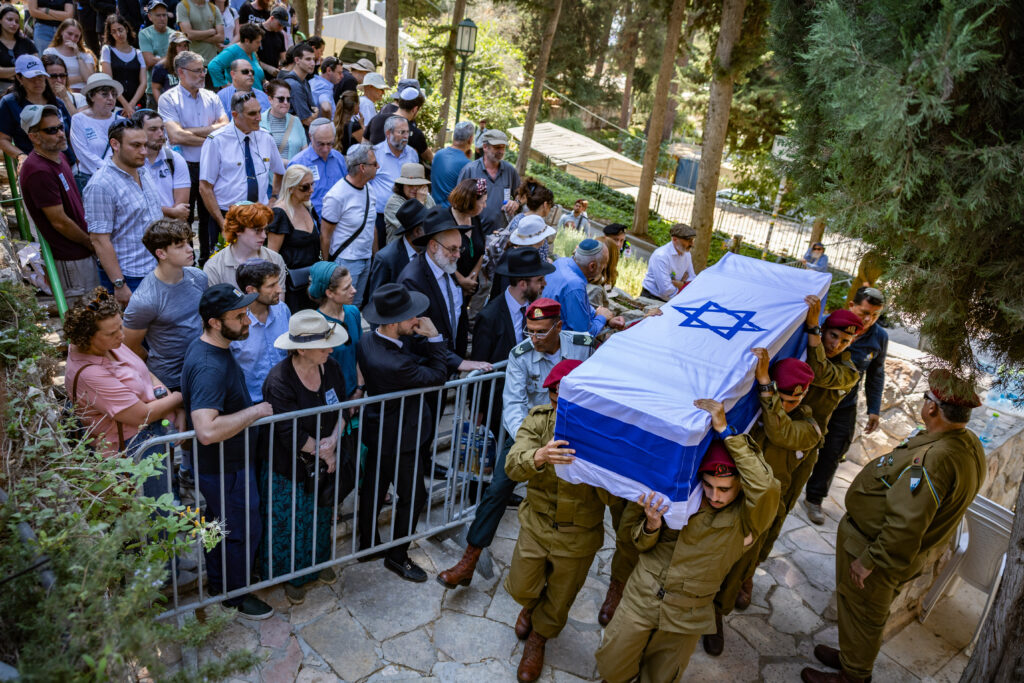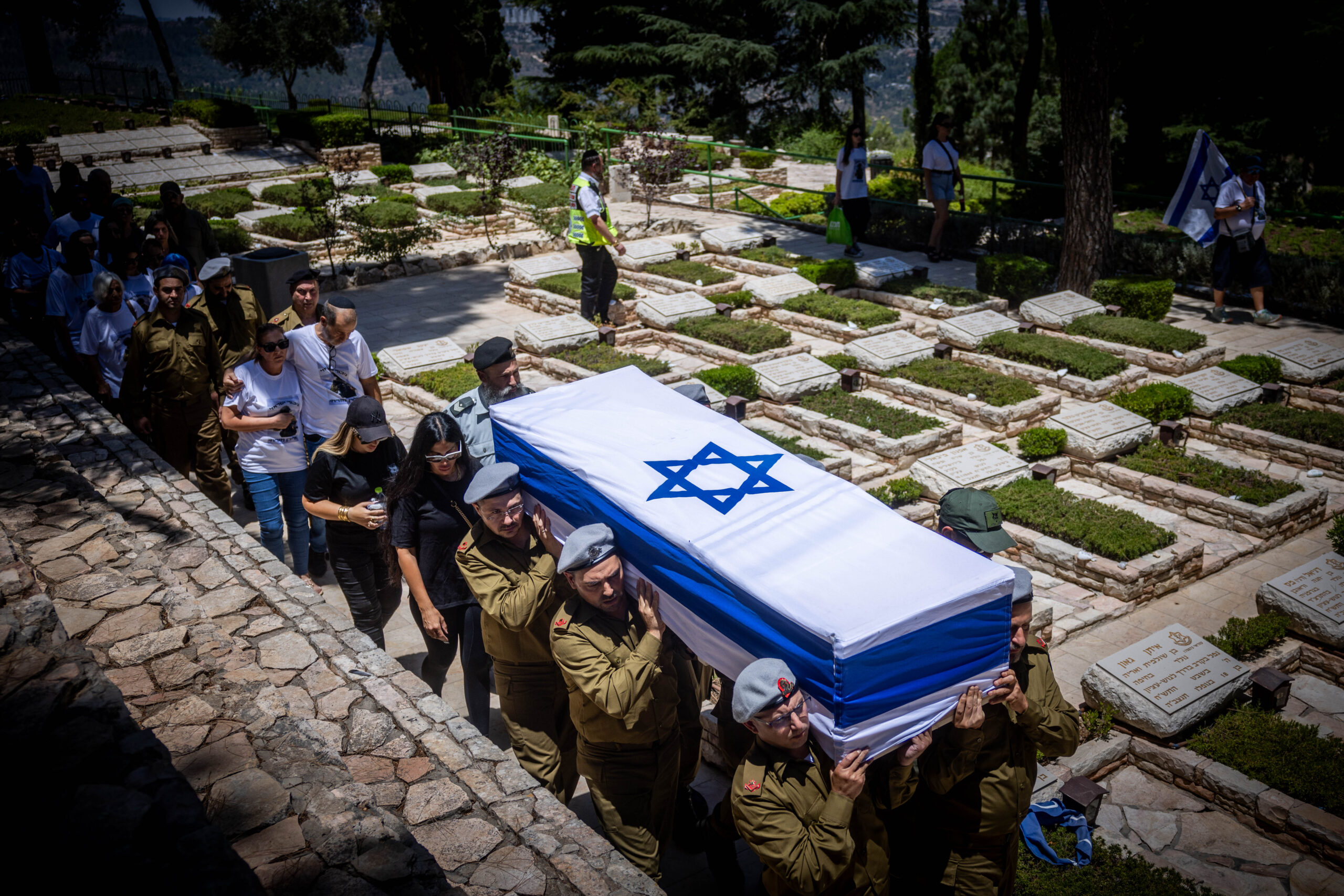Israel’s war with Hamas has already redrawn borders and rewritten doctrines—but its most enduring impact may be the damage done within. Nearly two years after the October 7th massacre, the Jewish state is facing a quieter crisis: the fraying of its own social fabric.
While soldiers fight in Gaza and the north, the home front is being tested. Families are breaking under the strain of long reserve service. Soldiers are battling unseen wounds. And tens of thousands of Israelis have chosen to leave the country altogether.
According to a report by Israel’s Central Bureau of Statistics, half of the spouses of reserve soldiers said their marriages were damaged due to prolonged military service. For those whose partners served 200–350 days, that number rose to 57 percent. Nearly one in three admitted that the strain led them to thoughts of separation or divorce.
Children, too, are carrying unseen scars. More than half of the families surveyed said their children’s mental health deteriorated during a parent’s reserve duty. Among those whose spouses served more than 200 days, 63 percent saw a decline in their children’s emotional well-being.
“The war is devouring the private lives of those who fight it,” one IDF psychologist told Ynet. “We are seeing entire families living in a constant state of anxiety.”
The IDF says it has expanded its mental health services—adding 200 new officers for active soldiers and 600 for reservists—and is training commanders to recognize emotional distress. But even the army concedes it is struggling to meet the growing need.

A Silent Epidemic
The emotional toll of combat has led to a rise in suicides among soldiers and reservists. Channel 12 reported that at least 17 soldiers have taken their own lives in 2025, following 21 suicides in 2024—the highest in over a decade.
One case, that of Roi Wasserstein, a 24-year-old reservist medic who served over 300 days, shocked the nation. His mother described how he “retrieved bodies under fire” and was haunted by what he saw. After his death, the army initially refused to recognize him as a fallen soldier because his service had officially ended two months earlier. “Psychological injury is also a wound,” his father said. “It’s a scar from the army that doesn’t heal.”
Following public outrage, the IDF formed a committee to review how suicides linked to service are recognized and supported. But the pain cannot be legislated away. Soldiers who once risked their lives for the nation are now losing the battle within.
The Flight of the Disheartened
As families and soldiers struggle, another troubling trend has emerged: record numbers of Israelis leaving the country. A Knesset Research and Information Center report found that from early 2022 to mid-2024, more than 125,000 Israeli citizens left the country permanently—the largest out-migration in Israel’s history.
“This is not a wave—it’s a tsunami,” said MK Gilad Kariv, who chairs the Knesset Immigration and Absorption Committee. “And there is no plan to stop it.”
Where past emigrants sought education or economic opportunity, today’s departures are driven by exhaustion—political division, financial pressure, and the relentless demands of war. Requests to cancel Israeli residency have tripled, from about 2,500 before 2021 to 8,400 in 2024. The report warned of an accelerating brain drain, with academics and skilled professionals leaving the very nation that needs them most.

The Bible’s Warning
The unraveling of families, the despair of soldiers, the quiet departures—all echo a biblical warning:
“Your sons and your daughters shall be given to another people, and your eyes shall look on and fail with longing for them all the day; and there shall be no might in your hand.” (Devarim 28:32)
The verse describes not only physical exile but emotional paralysis—a nation that sees its strength slipping away and feels powerless to stop it. The Sages taught that when achdut, unity, falters, no wall or army can defend the nation.
The Mitzvah of Remaining
Yet the same Bible that warns of exile commands the antidote: yishuv ha’aretz—settling and strengthening the Land of Israel. Living in the Land is not a passive condition but an active mitzvah that requires presence, resilience, and faith.
The Sages taught that yishuv ha’aretz is equal to all the mitzvot of the Torah combined, for without Jews dwelling in the land, no other mitzvah can take root. When Jews emigrate, the land becomes emptier—physically and spiritually. When Jews make aliyah, they reverse the curse of exile and participate in redemption itself.
Even now, amid war, thousands of new immigrants continue to arrive, drawn by faith, not comfort. Their courage stands as a quiet rebuke to despair. They remind us that every home built, every child born, and every family that stays is a declaration of victory.




